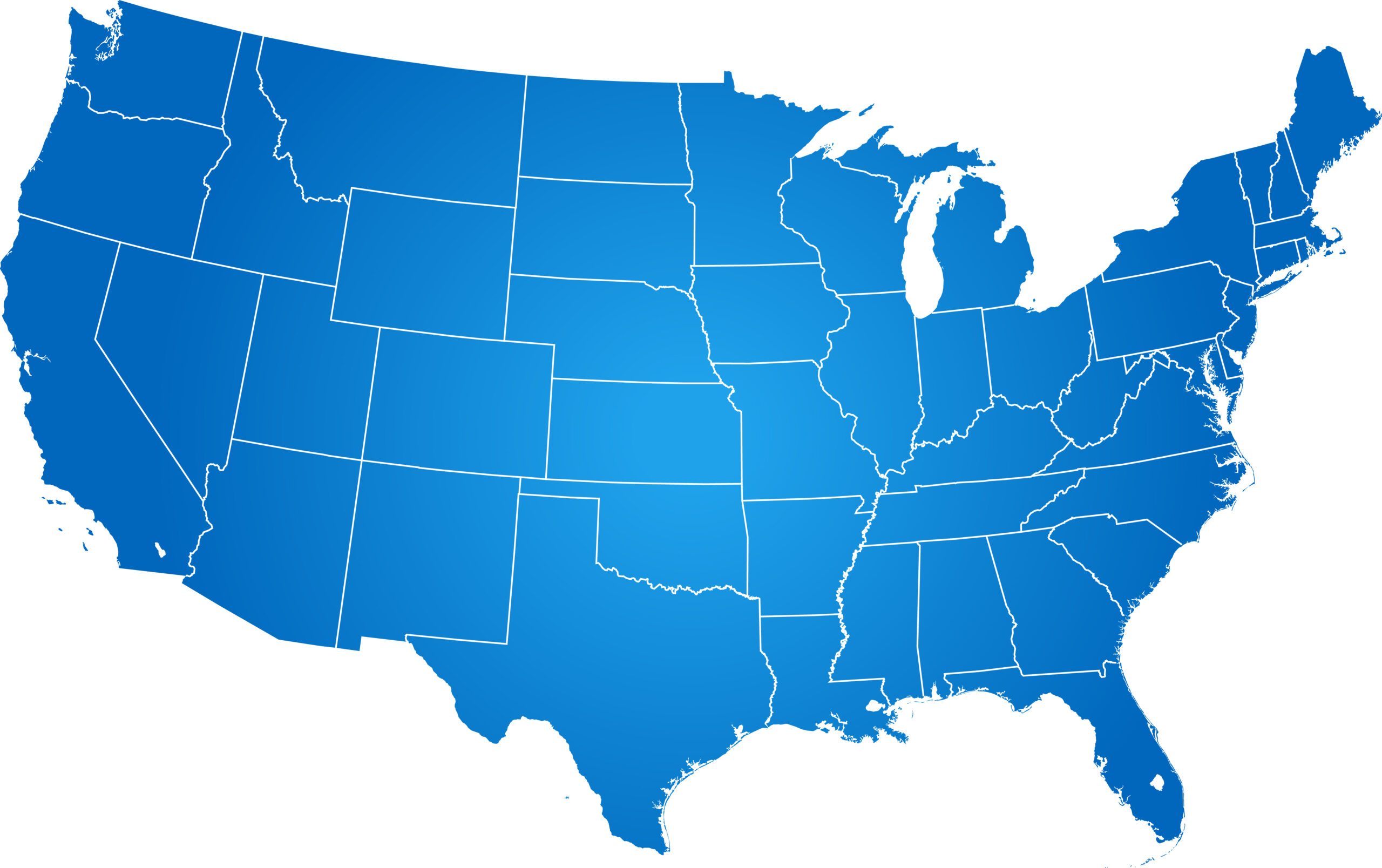Examining State Activity in the Antitrust and Competition Space

The 2023 state legislative session saw seven state legislatures introduce competition-related legislation, continuing the trend of states attempting to tackle this policy area, which is typically addressed at the federal level. State legislatures primarily focused their efforts in the competition space around revisions to antitrust laws, with an emphasis on market power practices and efforts to establish a monopoly or monopsony. Additionally, several states considered legislation that would implement additional merger notification requirements. Of the sixteen pieces of competition-related legislation that were introduced in 2023, only one bill, Oregon’s SB 310, which increased the civil penalties associated with antitrust enforcement, was passed and signed into law.
Market Power
The largest number of competition-related bills introduced in 2023 aimed to address market power practices. States such as Maine, Minnesota, New Jersey, and New York introduced legislation aiming to replicate European-style law. These bills attempted to tackle price discrimination practices, set steep requirements for mergers and acquisitions reporting, and sought to prevent monopolies, as well as creating commissions to debate further alterations to the law. These pieces of legislation would likely deter pro-competitive business activity via significant compliance challenges and steep penalties, and hurt the innovation ecosystem by clouding the sector with uncertainty.
Looking Towards 2024
As several of the states that introduced competition-related legislation in 2023 allow bills to be “carried over” to 2024, competition policy will likely resurface in policy discussions next year, particularly in places like Minnesota and New York. Additionally, it is expected that the California Law Revision Commission will conclude its study of antitrust law in early 2024, which could lead to the introduction of a new bill next year. Furthermore, given the recent pending litigation at the federal level that has garnered significant attention, there is the potential for additional states to take up legislation in the policy area.
For more information about state competition legislation trends from 2023 and leading into 2024, see CCIA’s 2023 state competition landscape.








